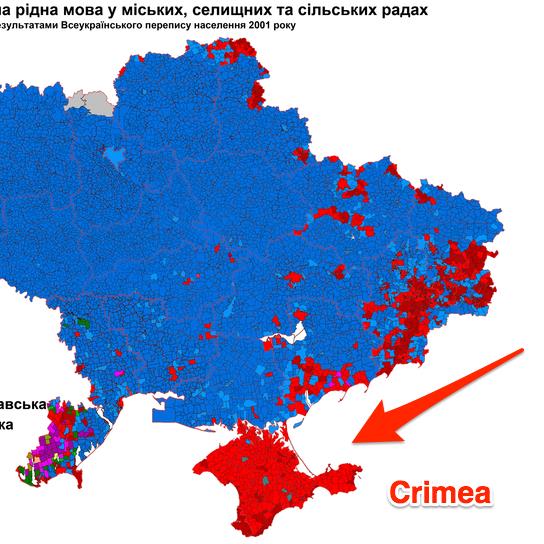Moscow's Center for Analysis of Strategies and Technologies has just published a new book on the military aspects of the Ukraine crisis. Here's a preview of my book review, published today at War on the Rocks.
Review of: Colby Howard and Ruslan Pukhov, eds. Brothers Armed: Military Aspects of the Crisis in Ukraine (East View Press, 2014).
Over the last few months, the crisis in Ukraine has led to a fundamental reassessment of the state of U.S.-Russia relations. The crisis began with Russia’s almost completely non-violent military takeover of Crimea in February-March 2014. A new English-language volume edited by Colby Howard and Ruslan Pukhov highlights the causes and nature of the conflict in Crimea, as well as provides some lessons for both Ukraine and other states that might be subject to Russian aggression in the future.
This volume provides balanced and comprehensive coverage of virtually all military aspects of the conflict in Crimea, including both Russian and Ukrainian points of view. The experts from the Center for Analysis of Strategies and Technologies (CAST) are some of the top Russian military analysts and the quality of their research and understanding of the Russian and Ukrainian militaries is clear in the writing.
The book begins with a short chapter by Vasily Kashin describing the backstory of the territorial dispute over Crimea. Although it starts with the conquest of the region by Catherine the Great back in the 18th century and mentions more familiar arguments related to the legitimacy of the region’s transfer from Russia to Ukraine in 1954, the main focus is on events after the break-up of the Soviet Union. Kashin highlights tensions over Crimea’s status within Ukraine throughout the 1990s, the role played by former Moscow mayor Yuri Luzhkov in promoting pro-Russian separatism in Crimea in the 1990s and 2000s, and the contentious negotiations over the division and subsequent status of the Black Sea Fleet and its base in Sevastopol. His key insight is that “the Russian government took no serious measures to support separatist movements in Crimea” prior to its invasion of the peninsula last February. This illustrates that Russian actions during the crisis were not the culmination of a plan to dismember Ukraine, but a reaction to the perceived security threat coming from the Maidan protests that culminated in the overthrow of the Yanukovych government.
To read the rest, please click here.
This post also appeared on Russian Military Reform.











